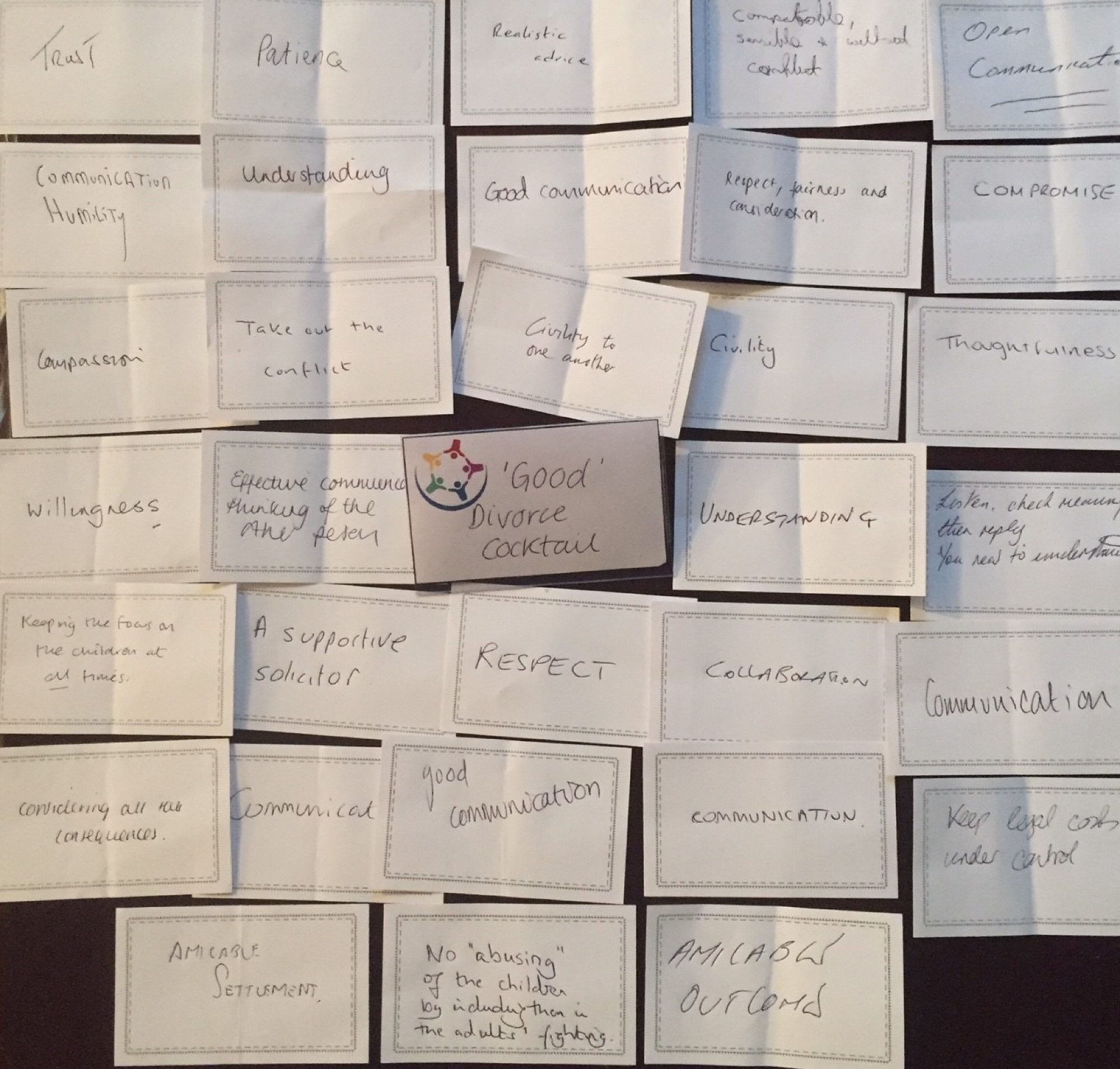“My 10-year-old daughter keeps telling me how wonderful her dad is, she sees him very occasionally (his choice and pays no maintenance), I am finding it increasingly difficult to keep quiet!”
This has to be amongst one of the most common statements I hear from separated parents in my work as a Relationship Therapist and Family Consultant.
In order to understand more about why this is so difficult, I always ask, “why does hearing about how much your daughter loves her Dad irritate or upset you so much?”
Before separation, as parents, we invest so much time and energy nurturing Mum and Dad relationships with our children. Creating ‘special’ bonds and encouraging time spent with each parent and as a family.
When a couple relationship ends, the ‘journey’ taken by the parents is very different to the ‘journey’ taken by the children.
Research tells us (and so do the children I work with) that a relationship with both parents, when it is safe to do so, is extremely important for children’s mental health.
My clients tell me about their feelings for their ex and how upset, frustrated and angry they feel when their child seems so happy after contact, and that sometimes it is difficult to keep quiet about that parent’s ‘uncooperative’ behaviour whether it concerns maintenance payments or lack of, and how little time they spend with their child.
It might seem the ‘right’ thing to tell your child of their parent’s misgivings but in actual fact this achieves nothing for your child and only moments of justification or moral high ground for you.
Remember that your child is in no position to make sense of or do anything with the information you have given them.
Ask yourself this, “how will telling my child help them to have a good relationship with my ex?”
Before you answer consider these points;
• Your child does not have the same relationship as you had with their mum/dad
• The only relationship that has ended is in fact your couple relationship, not your parental relationship
• It can be traumatic for everyone, including children, going through separation even if it is amicable, but there is life afterwards and a future
• Ask yourself, “what would I like my child to remember about this in 10-15 years’ time?”
• As parents we are responsible for our children, we can only control our ‘end’ of the conversation or behaviour shown to our children (and indeed our ex), so make it count or as good as it can be.
• Your child is watching and learning from you, teach them by your behaviour how to respect others even if you don’t get on, it’s a greatlife lesson.
• Try to put yourself in your child’s shoes. How does it look from where they’re standing?
• Remember they love you both. Try to let them.
• Letting your child have a worry-free time with their mum or dad will help them to grow up with hopefully fewer mental or emotional health issues
Be the best parent you can be whilst they are with you. Get support from friends, family and professionals who specialise in separation and divorce when things get tough. Set rules with consequences and boundaries for emotional stability and look after yourself.
No matter how angry or upset you are with your ex, when your child has had a great time with them, take a deep breath and be delighted, for you have before you a HAPPY child.


